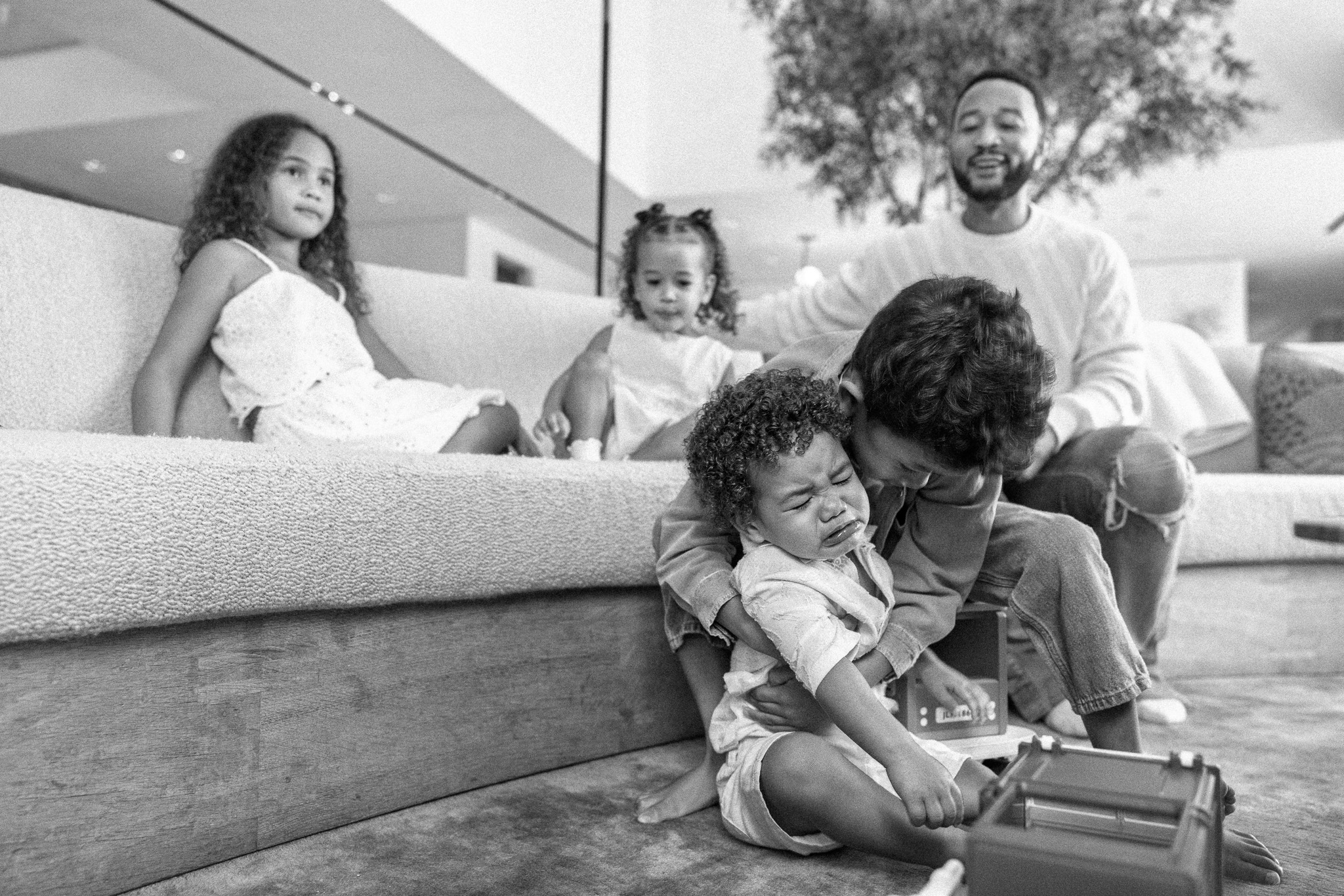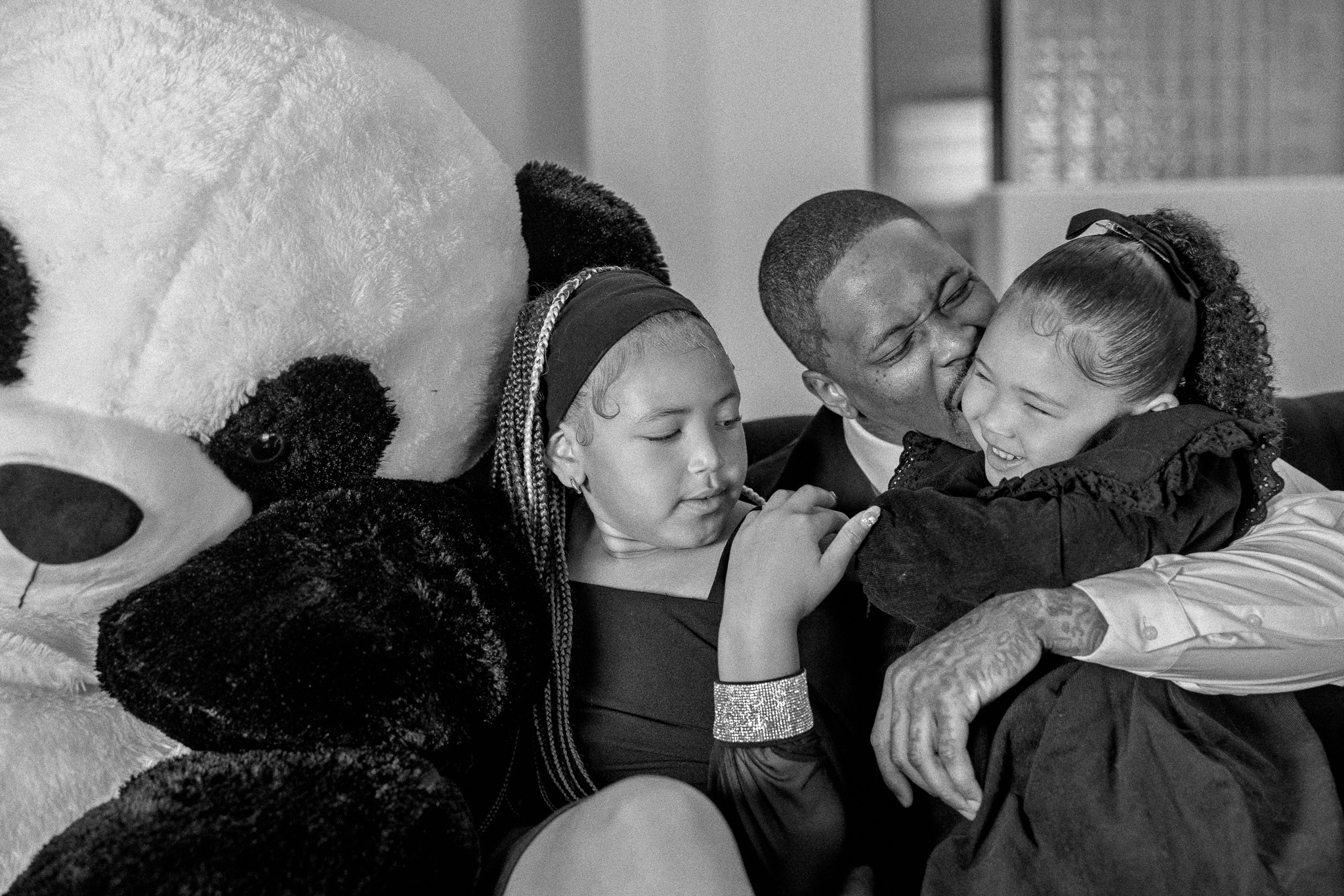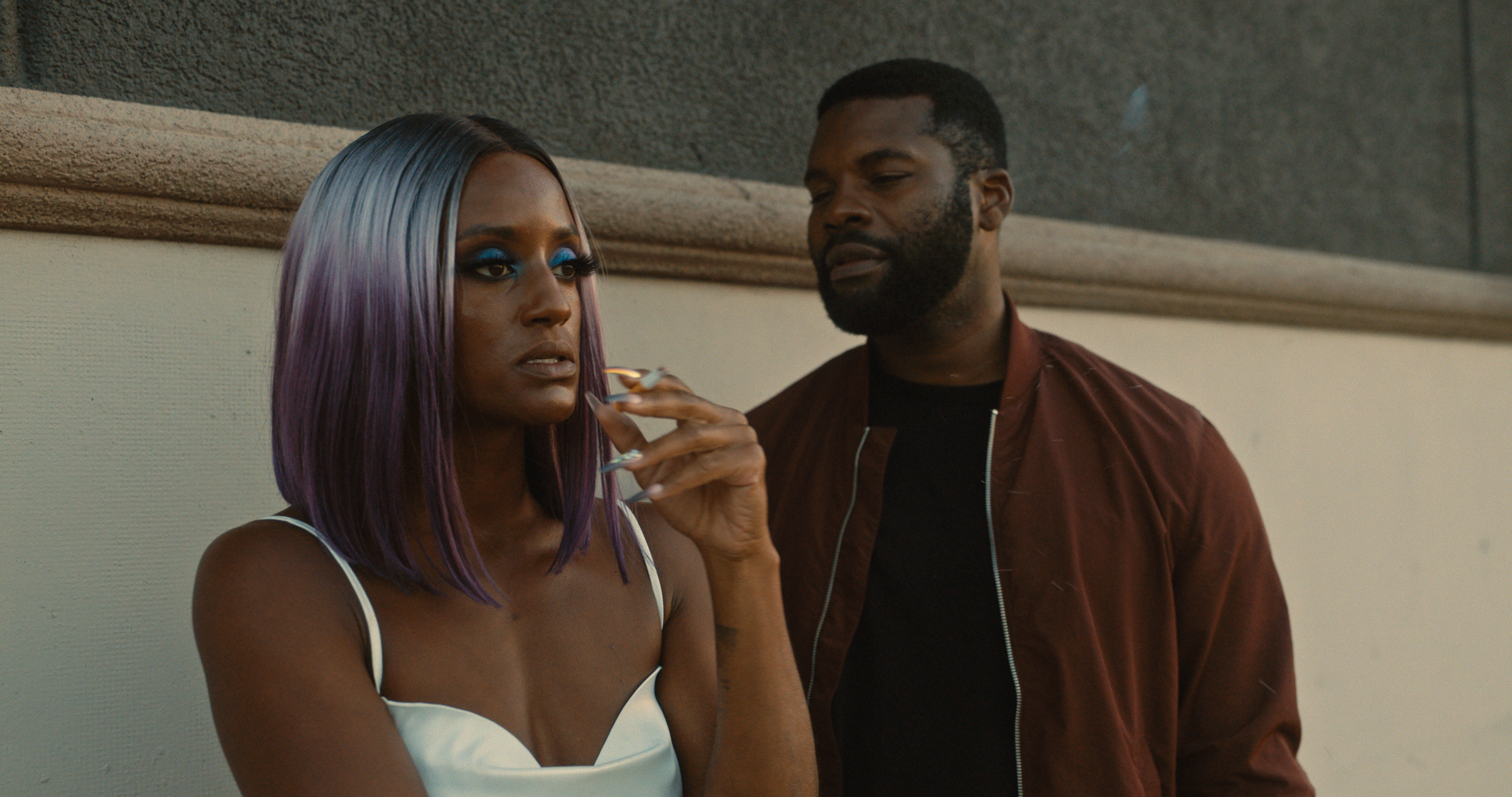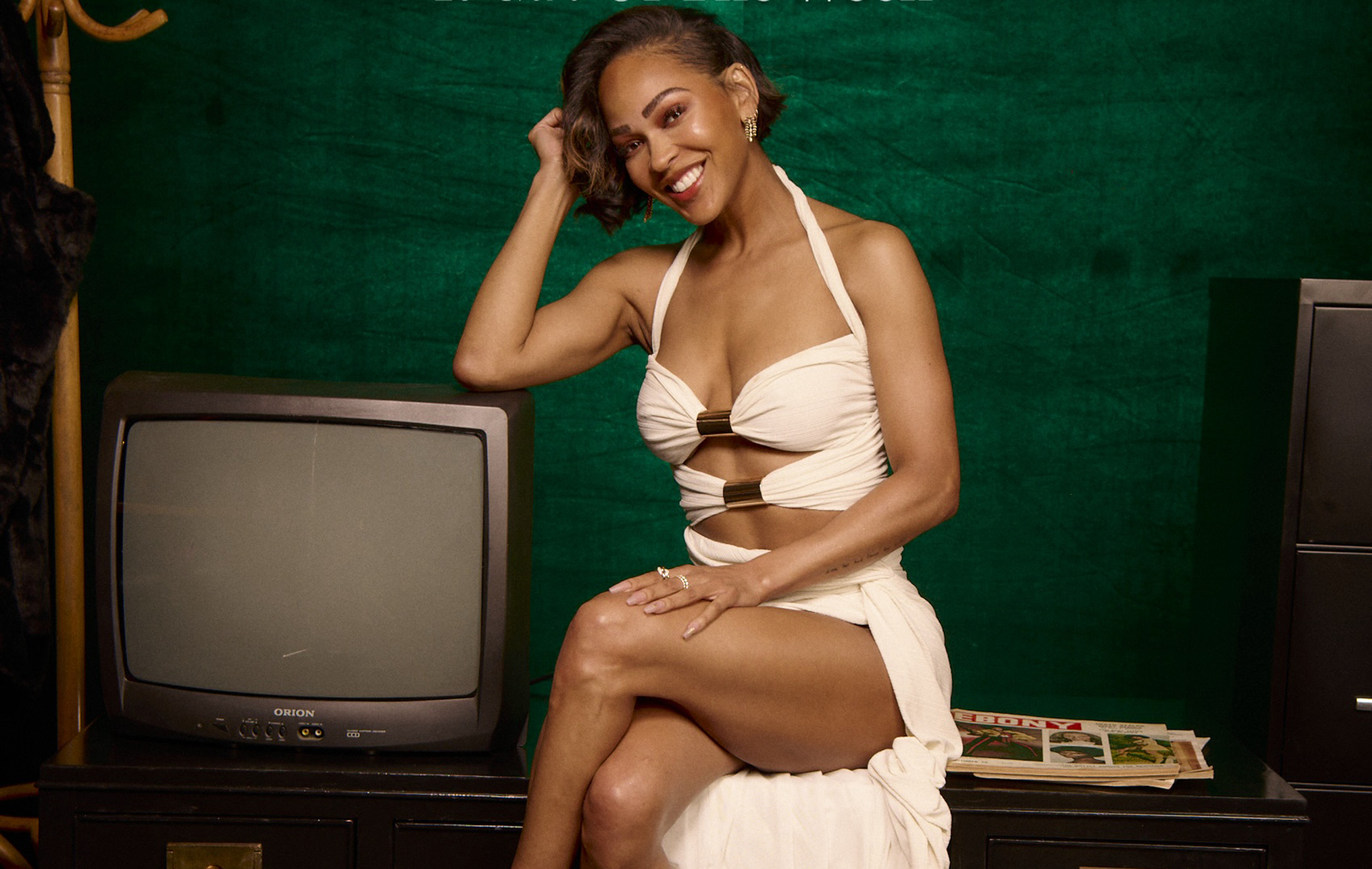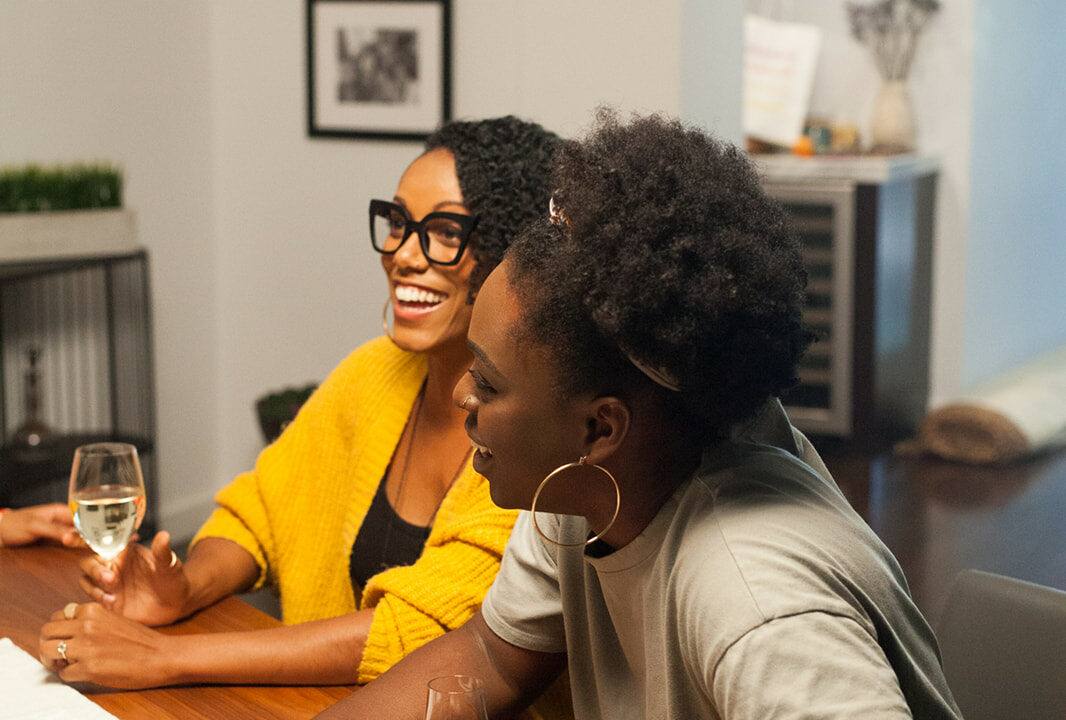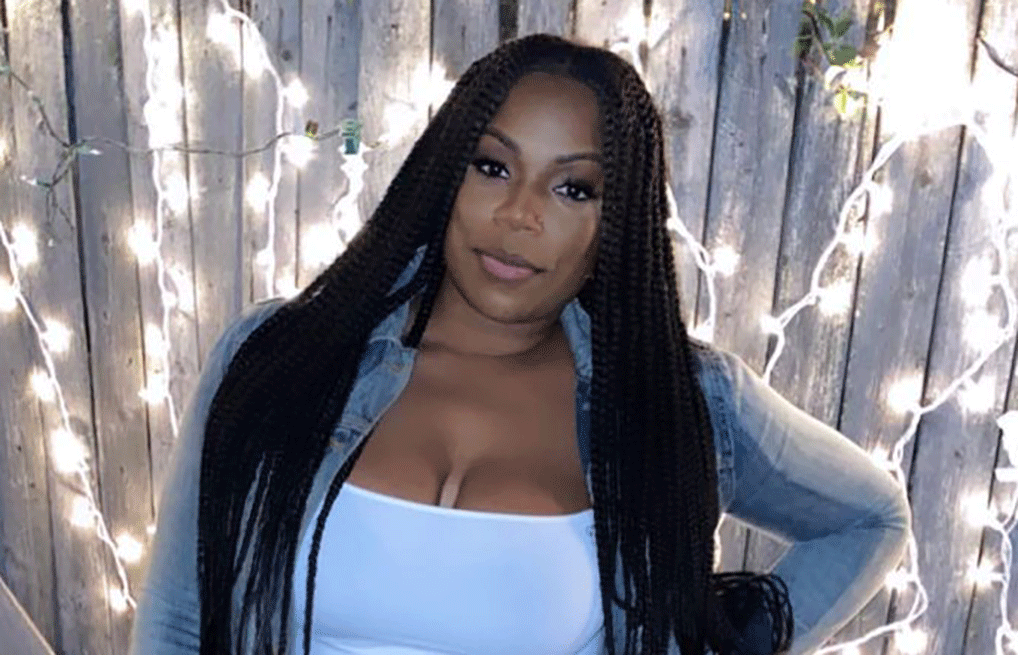
Jasmine Raheem (Credit: @jazshebad/Instagram)
Jasmine Raheem (Credit: @jazshebad/Instagram)
Made in Partnership with 

Jasmine Raheem (Credit: @jazshebad/Instagram)
For almost every happy moment that I had in my 20s, I experienced double the amount of trauma. I have been through domestic violence, family turmoil, and unplanned pregnancies. I became a college dropout, grieved the death of my best friend, and have experienced betrayal.
Although I had physically overcome those obstacles, the mental and emotional scars that remained inside of me, took much work to heal. I had eventually built an emotional wall and became guarded. I viewed almost everyone as untrustworthy and expected disappointment from the people I was most emotionally invested in. I responded to disappointment in spiteful ways. I grew resentful which translated to anger at times. Anger became my defense mechanism. Yet somehow, I was still very weak. Love and loyalty was my weakness. That left me vulnerable to the possibility of being hurt again. I became someone that was unfamiliar. I couldn’t recognize myself. I knew that before I could experience a healthy relationship, I had to first learn how to love myself correctly. I decided to utilize my resources and go to therapy.
Related Articles:
How Addressing My Generational Trauma Helped Me to be Open to Love
What Watching “Black Love” Taught Me About Love and Healing
From an Orphan Who Never Wanted Kids to Healing and Raising Seven Children
At therapy we explored my past, dating all the way back to childhood. We discussed every occurrence in my past and how that has affected my response to trauma as an adult. I learned how to give myself grace and to not be so hard on myself. I also learned how to understand why the people close to me are wired the way that they are. This has allowed me to respond in compassion rather than anger. I have since been able to heal from my past. It has taken a lot of understanding, forgiveness, and establishing healthy boundaries.
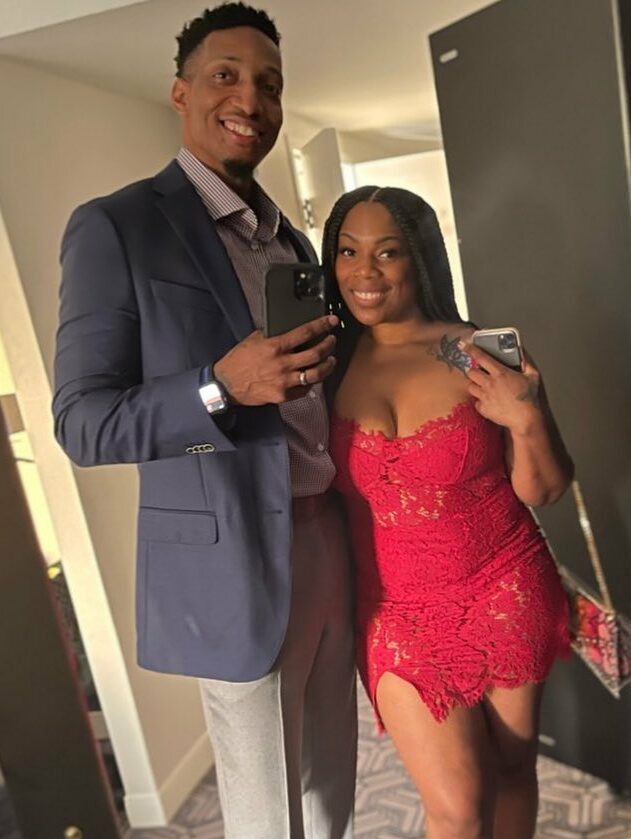
Credit: @jazshebad/Instagram
Years of therapy has not only improved my life as an individual, but it has also strengthened my marriage. In the beginning of our relationship, I was hardened. I was always on defense; just waiting for the first sign of betrayal. I was also so accustomed to being independent and guarded, that it was hard in the beginning to allow my husband to take the lead. During disagreements, I often responded with anger or spitefulness. I always had a hurtful response ready to lash out during an argument. Therapy helped me release from the chains of my past and operate in a freer way. With much work, I became vulnerable and soft. I was able to allow my husband to love me without feeling like I had to guard my heart. My husband became my protector. I feel safe confiding in my husband after a hard day, as he does with me. We have created a loving environment for ourselves and our children. I now take pride in knowing that my husband considers me his peace and our home a safe space. I attribute that to years of therapy, inner work and healing.
Here are some useful tips while considering therapy:
Realize that therapy is not just for broken people.
A lot of people think that they don’t need therapy because they haven’t experienced anything traumatic. Anyone can benefit from therapy. You don’t have to necessarily experience great trauma to utilize your resources. Therapy could simply offer different perspectives and advice while navigating through life.
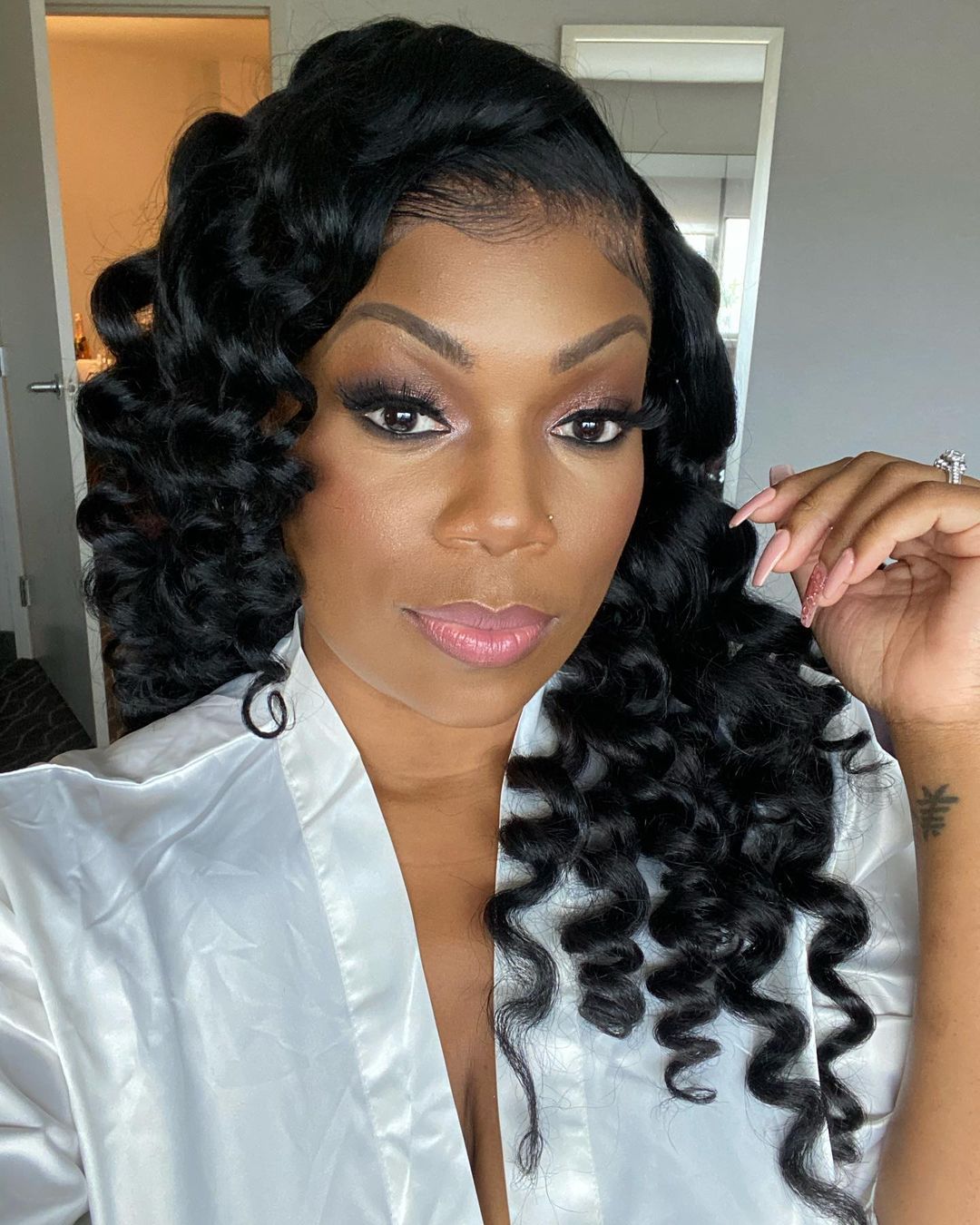
Credit: @jazshebad/Instagram
Be honest with your therapist
The only way to get sound advice and to make improvements is to be 100% transparent with your therapist. Therapy is confidential and there to help you.
Know that therapy is a forever resource.
You will never graduate from therapy or reach the point where you won’t need it. Just like you go to the gym to improve your physical health, therapy is a resource that improves mental and emotional health.
Watch the most recent episode of “Black Love”
It’s one thing to experience the benefits of therapy for yourself, but to see other couples share and be vulnerable makes you realize how much as Black people we can benefit from talking about these things that our parents and previous generations didn’t. With “Black Love” and “After Love” available on the Black+ App, my husband and I are reminded that we aren’t alone and other couples are doing this work just like we are.
To learn more from these brave couples, watch all episodes of “Black Love” and “After Love” on the Black Love+ App and remember that while the show is in its sixth and final season, Black Love is FOREVER.
Related Articles
John Legend shows the beauty of Black fatherhood in this Father Noir feature—love, presence, and parenting four kids with Chrissy Teigen.
Rapper YG is an example of Black fatherhood, raising daughters Harmony and Vibe and breaking generational cycles, as shown in this powerful Father Noir feature.
Qasim Basir’s To Live and Die and Live is not a film that offers easy answers.
Featured Articles
The vision for our engagement shoot was to celebrate ourselves as a Young Power Couple with an upcoming wedding, celebrating our five year anniversary - glammed up and taking over New York.
When Elitia and Cullen Mattox found each other, they decided that they wanted their new relationship together, their union, to be healthier and different.
Let’s take a trip down memory lane and revisit 10 times Michelle Obama gave us a masterclass in love.
Meagan Good and DeVon Franklin’s new relationships are a testament to healing, growth, and the belief that love can find you again when you least expect it.
Celebrate their marriage and partnership with the release of the documentary “Time II: Unfinished Business”
Yes, I wanted my mom to still love me, but I needed her to love me. I wanted to know that by opening up about this part of my life she could actually love me more fully.

